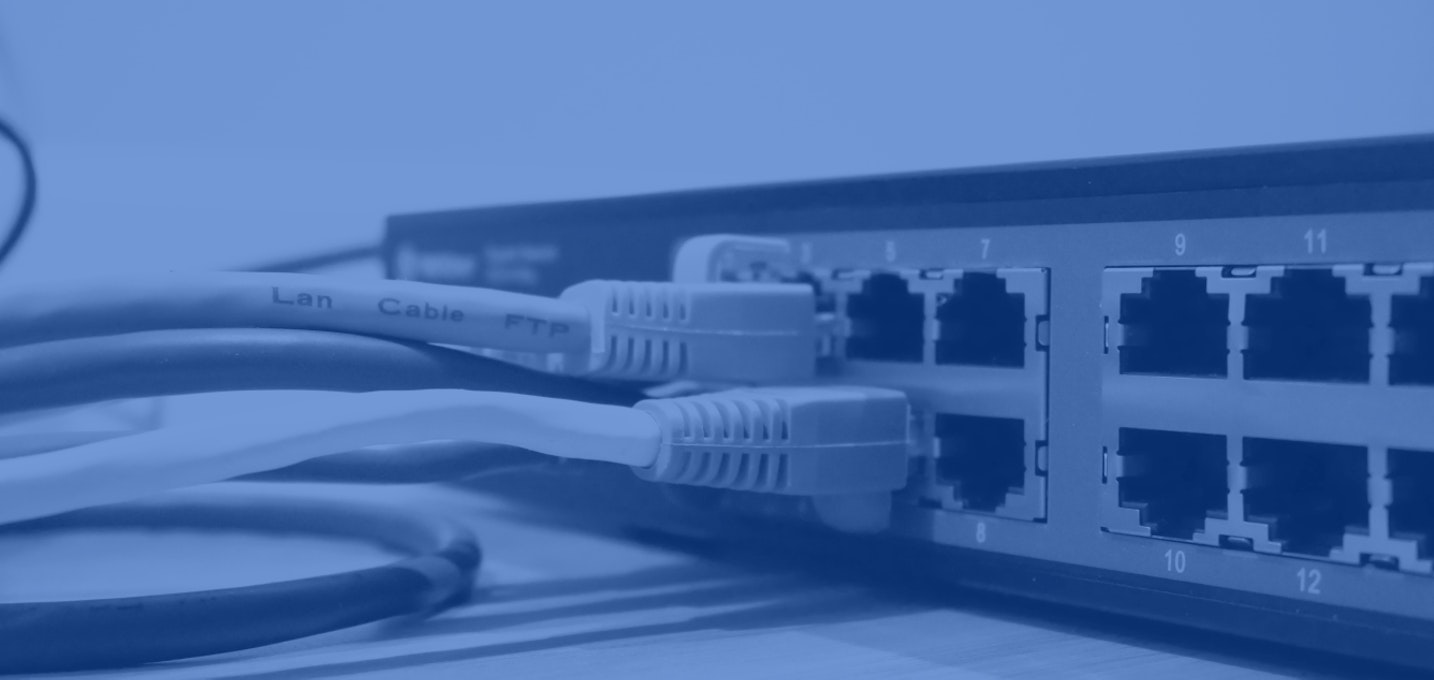Connectivity
On-Net vs. Off-Net

Background
On-Net VS Off-Net (On-Network/Off-Network) is most easily understood if we think back to cellular service a decade ago.
Your mobile plan had a home area where all of your calls were free and your service worked best. You typically also had coverage outside of your home area where calls weren't free and service could be spotty. If you were within this outside area, it was known as "roaming". In this situation, calls were potentially being made on competing carrier equipment that had to be leased by your cellular provider for your calls to work.
Off-Net services can be thought of as similar to how roaming worked on the older cellular networks.
Variations
The example of cellular roaming is just one type of service that would be considered Off-Net. Most commonly you will hear the terms relating to data connectivity.
On-Net service can be an environment wholly owned by your service provider, or it could mean that your service provider leases lines (such as fiber) but owns the associated hardware/data center that powers the connection. It can also mean the opposite. The provider could lease the hardware but own the fiber.
In most cases On-Net service will refer to lines and associated hardware owned and controlled by your provider. Keep in mind definitions can vary between companies.
Service Level Agreements (SLA's)
Depending on your service provider, On-Net or Off-Net can provide different service levels.
If service is completely On-Net with your provider, chances are they will be able to bill and service the connection with maximum speed and efficiency. This applies to changes/upgrades and out of service conditions.
If service is Off-Net, the same service level (speeds, capacities etc) may not be available. In addition, changes, upgrades and response to out of service conditions may take longer and be more complex. This is due to your provider leasing service from a 3rd party and having limited or no physical control/access to the network connection and/or equipment.
With Off-Net service, SLA's and terms should be looked at and decided on more carefully with your provider.
Pricing differences
On-Net services can be offered at lower prices because all of the components are in place with the current provider and there are no 3rd party payments to make on the lines or hardware. The efficiency of an already established network is passed on to the end-user in cost savings.
Because Off-Net services are leased from a 3rd party, they will generally cost more than their On-Net equivalent. The up-side is the ability to offer service rather than none at all.
Summary
On the surface, On-Net and Off-Net isn't all that complicated. When someone says "we offer that On-Net", it usually means cheaper, more efficient and with a typical service level agreement you would expect from your provider.
If service is referred to as "Off-Net" then it will generally cost a little more and you'll want to work out the terms of how things get fixed when something goes wrong.
Contact AppSmart today for your connectivity needs, both on-net and off-net.
Phone: 1-866-456-3211
Email: partnersupport@appsmart.com
Related Articles

Connectivity
Is the Old Way of Selling Cable Dead?
As a Technology Advisor, selling broadband internet is no picnic. That's because selling cable, whether coax or fiber, has traditionally been an incredibly time-consuming and manual-driven process! Let's review the major sticking points.By / Advisors / September 24, 2021

Connectivity
Fixed Wireless - SLA Backed Solutions For Primary And Backup Connectivity
Today's Fixed Wireless Solutions Provide Enterprise Class Connectivity And BandwidthBy / Advisors / March 11, 2020

Connectivity
Quick Guide to Selling SD-WAN
SD-WAN enables enterprises to move away from a legacy MPLS network, to a modern network that is global, secure, agile, and affordable.By / Advisors / March 6, 2020